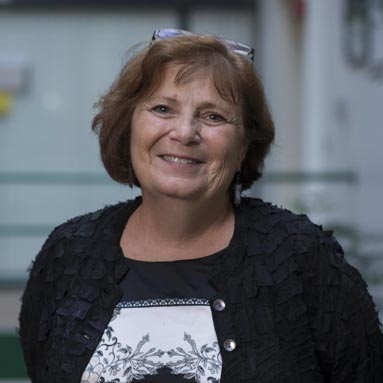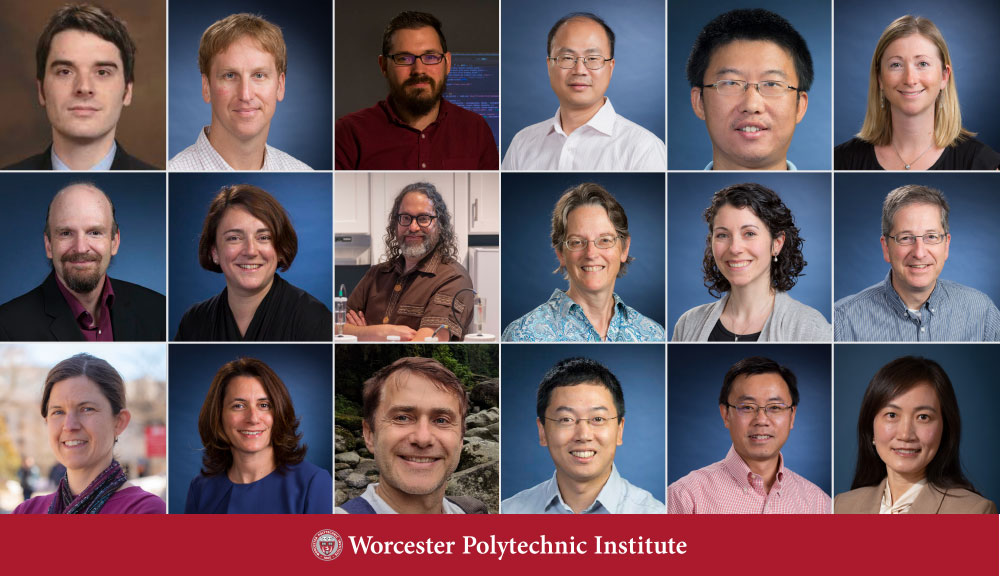 $3K Grant Could Fund Public Health Courses
$3K Grant Could Fund Public Health Courses
The links between the SENCER Institute and WPI run broad and deep.
SENCER was started in 2001, and stands for Science Education for New Civic Engagements and Responsibilities. Based in Washington, D.C., the institute — which “applies the science of learning to the learning of science” according to its website — is the core program of the National Center for Science and Civic Engagement. That center was co-founded by Karen Kashmanian Oates, WPI’s dean of arts and sciences, says Brenton Faber, professor of humanities and arts.
SENCER has come a long way in 12 years. And it has built up a continuously expanding network of colleges, universities, faculty, and students.
Faber and colleagues received a $3,000 grant in November to strengthen the bond between WPI and SENCER and a chance for more expansion of curriculum.
“We will use the funding to support the development of a SENCER course in global health,” he says. “The funding will also help bring two global health speakers to campus for presentations and networking.”
STEM at the Core
The SENCER method of learning involves applying STEM subjects of science, technology, engineering, and math to timely, real-world, global problems. It strives to make the subject matter more tangible and offer students more civic engagement by giving science an immediately useful dynamic.
WPI uses SENCER as a resource to better shape and define curriculum, Faber says. For instance, the summer institutes give faculty a venue to design new programs and courses, or to redesign curricula to better incorporate civic learning outcomes in STEM education.
This perspective on learning, says Faber, is not much of a stretch for WPI. He calls it a “natural alignment” with SENCER’s principles. “Our project-based curriculum already integrates a great deal of civic engagement and social responsibility.”
WPI has been sending faculty teams to SENCER for the past two years, says Faber, and as another point of connection, Tara Mann, arts and sciences director of operations, is a co-director of the SENCER New England Region.
Funding Focus: Public Health

WPI received $3,000 in grant money last year, as well, Faber says, and $19,000 to set up the regional center.
This year’s funding initiative will involve six faculty members weighing interest in a public health curriculum at WPI, with more students veering toward courses in health, medical ethics, medical practices, and the like. MQPs, IQPs, and humanities projects often spiral from an interest in the health or medical field, he says. “We place a surprisingly large number of students in medical and health-related careers.”
The foundation of SENCER — learning within a framework of current global problems — is illustrated through its early days, and a course developed at Rutgers University in New Jersey. It used the HIV epidemic as a basis of instruction.
“Using the HIV epidemic to teach biological concepts increased student learning” in this case, states the SENCER website. Other teachers agreed that they saw increased engagement using similar methods, and momentum began to build. Other areas of study could involve water quality, brownfield reclamation, or obesity, for instance.
As for WPI, Faber sees no sign of SENCER collaborations stopping anytime soon. STEM subject matter evolves, as does a shift toward more civic involvement, he says, and keeps everyone on their toes. “We see SENCER as a great way to help orient new faculty to our key teaching mission and to continually remind and challenge ourselves as socially minded teachers and researchers.”
- By Susan Shalhoub




